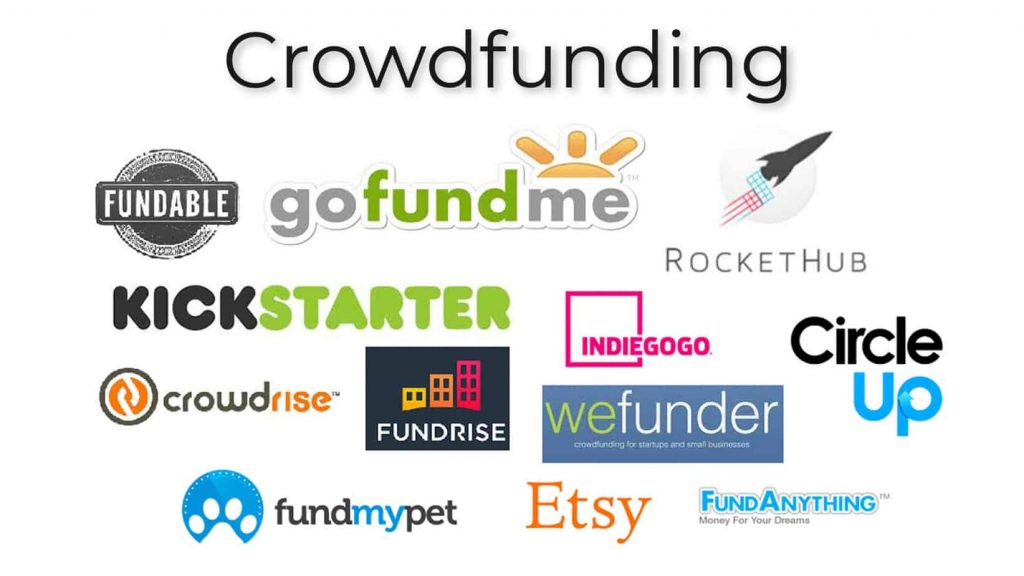Is Crowdfunding Right for Your Venture?

People love crowdfunding. In fact, crowdfunding capital has exceeded funding from venture capitalists and is expected to continue to grow in the coming years. For a business, it’s great. Getting funded by people who are willing to help you bring your product to market just to see it succeed is a dream come true. However many are disappointed when they attempt to get funded by the masses and it flops right on its face. So what sort of businesses succeed in the realm of crowdfunding?
The Perks
The perks to crowdfunding can be enormous. One of the biggest advantages of crowdfunding is the speed at which capital can be obtained. If you choose to take the traditional path, it could take years to obtain a venture capitalist who is willing to fund your cause. With crowdfunding, entrepreneurs are able to obtain large amounts of capital in just a few months. Additionally, often times crowdfunding acts as a marketing tool before your product or service is even brought to market. Many ventures gain much attention through their crowdfunding campaigns and often are shared organically through social media and other mediums. Through this, ventures can get free PR and even feedback on their product or service while in the production phase.
The Downsides
Just because there is a lot of capital to be obtained by crowdfunding, it does not mean it is any less easy. Putting together an effective crowdfunding campaign takes a lot of work and good pitches to gain attention. Furthermore, gaining capital through crowdfunding is not a for sure thing. Many ventures have invested a lot of money into their campaigns just to watch them flop and they end up deeper in the hole then when they started. This does not mean it is not a viable option that can lead to incredible success.
What Works
New research suggest that crowdfunding is best used when a product is either a “novelty” or “useful” rather than innovative or market changing. This means that the campaigns based on products that are “just for fun” or have everyday “useful” applications gain the most funding when compared to products or services that are innovative or open up a new market segment. This head tilting bit of information goes against what traditional funding has focused on. Venture capitalist are often searching for the most innovative and market changing product they can to try and get the best return on investment. Whereas crowdfunding offers the most success to ventures with novelty products and services. This means that the most successful products are often times made by the average Joe to be fun and unique.
With that being said, crowdfunding opens up the possibility to bring a product to market that may not have made it to market by traditional funding means. However the most successful campaigns often have a prototype and fully developed pitch which can take a lot of work. Ventures have good success when they put together a pitch and format similar to what they would present to a venture capitalist but digitize it and put it on a platform such as Kickstarter. These pitches are no joke. A lot of work and knowledge of digital media and marketing translates well into a crowdfunding campaign. As said before, entrepreneurs should not only use a crowdfunding platform as a tool to raise capital, but a marketing tool as well. When campaigns have a good combination of a pitch deck and digital marketing, it can lead to enormous success raising funds and bringing your product to a salivating market.
So what can we take away from this?
Well, if your product or service is incredibly innovative and market changing it may be best to find traditional means of getting funding, such as a venture capitalist. However, if your product is seen as a novelty of useful in the average person’s everyday life, then crowdfunding may be right for you. By using the right balance of a product pitch and digital marketing you could get the funding you need and get running right out of the gates.



